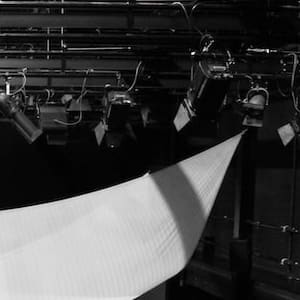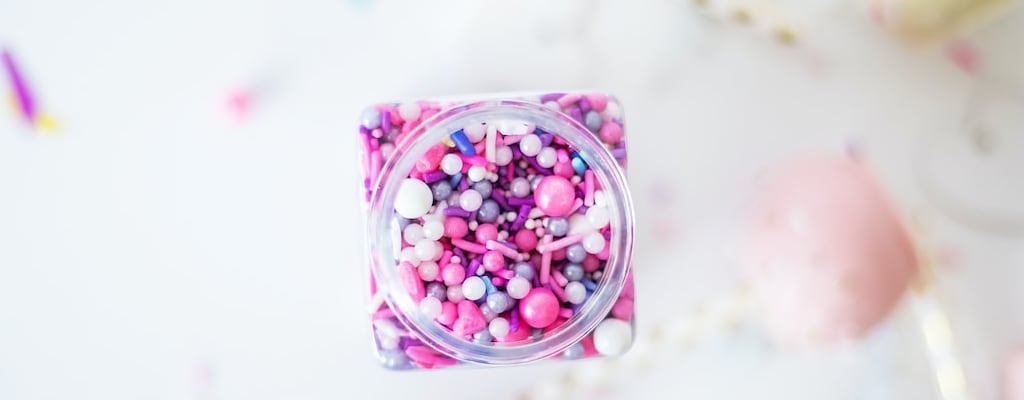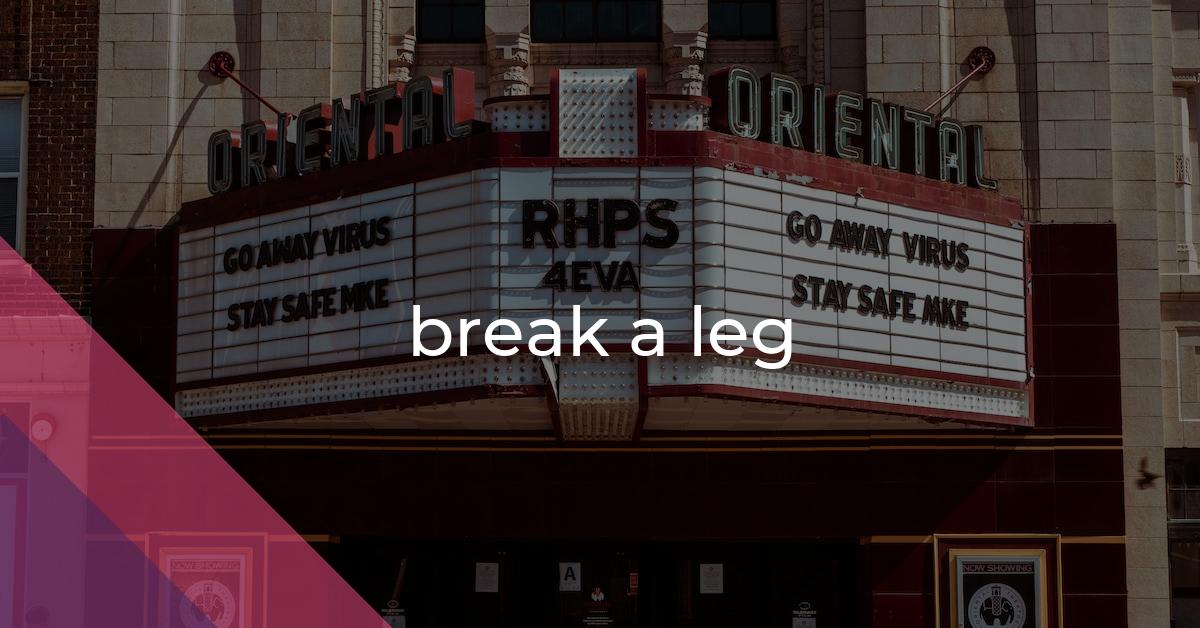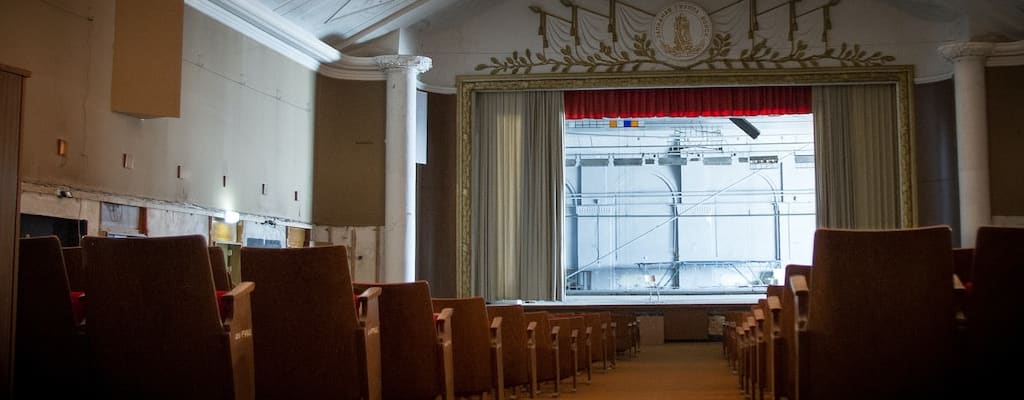break a leg: Idiom Meaning and Origin
What does ‘break a leg’ mean?
The idiom "break a leg" is a common phrase used to convey good luck or success to someone, particularly in the performing arts. It originated from superstitious theater traditions where saying "good luck" is believed to bring bad luck. Instead, saying "break a leg" is seen as a way to wish someone well without actually wishing them luck directly.

Idiom Explorer
The idiom "make a leg" means to perform a theatrical bow or curtsy, traditionally done by bending and extending the leg. This gesture is a way to show appreciation or acknowledge applause from the audience in a theatrical setting.
The idiom "knock on wood" is used when someone wants to express a hope or wish that something continues to be good or successful in the future.
The idiom "keep one's fingers crossed" means to hope for good luck or success. It is often used when someone is wishing for a positive outcome or outcome of an event.
The idiom "hit it big" means to achieve great success or win a large amount of money, often unexpectedly or after a long period of hard work.
The idiom "have legs" means that something has the potential to be successful or popular over a long period of time.
The idiom "have a laugh" means to find something amusing or entertaining and to enjoy a good laugh or joke.
The idiom "have a good time" means to enjoy oneself or to have an enjoyable experience.
The idiom "have a good one" is a casual way of saying "have a good day" or "have a good time." It is often used as a friendly farewell or a way to wish someone well.
The idiom "have a ball" means to have a great time or enjoy oneself immensely.
'Happy landings' is an idiomatic expression commonly used to wish someone a safe and successful journey or venture, particularly when they are about to embark on something uncertain or risky.
Idiom Insight: Superstition in Theater
The idiom "break a leg" is commonly used in the performing arts industry to wish someone good luck before a performance. It is believed to have originated in the theater world, particularly in the early 20th century.
Although the exact origin of this idiom is uncertain, there are several theories that offer possible explanations. One theory suggests that it was a way to counteract the superstition of wishing someone good luck, which is considered bad luck in the theater. Instead, performers would say the opposite, "break a leg," as a form of well-wishing. This expression has become deeply rooted in the performing arts community, particularly in the United States.
Another related idiom is "make a leg." This phrase can be used interchangeably with "break a leg" to wish someone good luck before a performance. It carries the same sense of encouragement and support, highlighting the close-knit nature of the performing arts community.
One more related idiom is "get a leg up." This expression means to receive a helping hand or advantage, often in a competitive or challenging situation. In the context of the performing arts, "getting a leg up" could refer to the support and opportunities that performers receive to succeed in their career.
Yet another related idiom is "have legs." This phrase is used to describe something that has the potential for extended success or longevity. In the performing arts, a successful production or performance that "has legs" can continue to attract audiences and remain relevant over time. It indicates a strong and enduring impact.
The idiom "break a leg" is primarily used in the United States and has become deeply rooted in the performing arts community. It is often considered a tradition to say it to performers before they go on stage, whether in theater, dance, or music. The usage of this idiom has expanded over time to be used more broadly in other contexts as well, demonstrating its adaptability and enduring nature.
As with many idioms, the literal meaning of "break a leg" is far removed from its figurative usage. It illustrates the complexity of language and the power of symbolism in conveying meaning. While the exact origins may remain a mystery, the idiom continues to be a part of everyday language, carrying with it a sense of encouragement, support, and confidence in the face of an impending challenge.
Idioms, like "break a leg," "make a leg," "get a leg up," and "have legs," are fascinating linguistic phenomena that add depth and richness to our communication. They reflect the intricacies of human culture and the ways in which language evolves and shapes our experiences. Exploring the history and meaning behind idioms provides insights into the collective consciousness of a society and invites further exploration into the tapestry of human expression.
Example usage
Examples of how the idiom "break a leg" can be used in a sentence:
- Tom: "I'm nervous about my audition tomorrow." Sarah: "Don't worry, just break a leg and you'll do great!"
- Before a performance, the director tells the cast, "Break a leg, everyone! I know you'll all give an amazing show."
- While wishing her friend good luck before a dance competition, Lucy says, "Break a leg, you've trained so hard for this."
More "Encouragement" idioms



